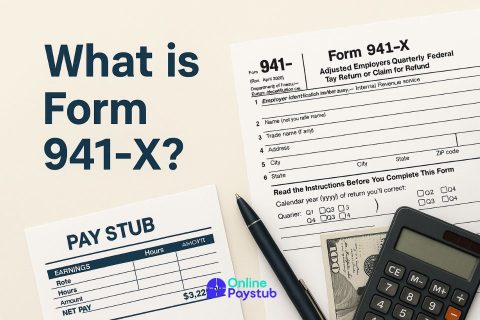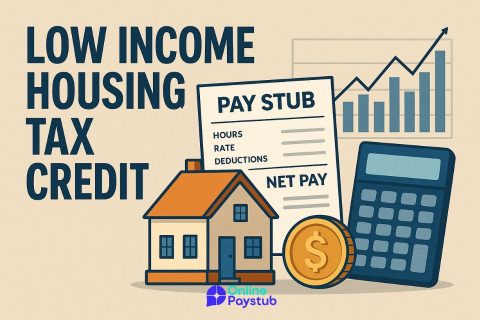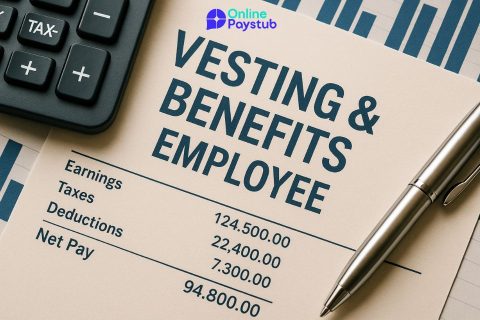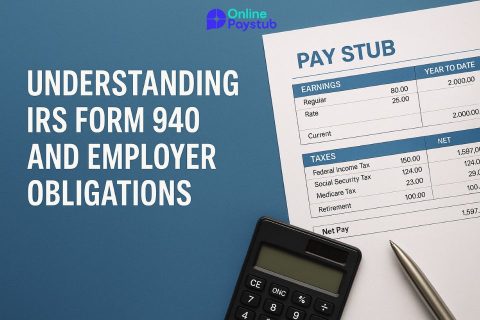Paying less in taxes is a major factor when choosing where to live or run a business.
In 2025, nine U.S. states continue to offer residents the advantage of no state income tax, helping people keep more of their hard-earned money.
This guide explains which states are tax-free, why they adopted this approach, and what you should consider beyond income taxes.
What Is State Income Tax?
State income tax is a tax imposed by individual states on the earnings of individuals and businesses.
While federal income tax is collected nationwide, state income tax rates, rules, and structures vary significantly.
State income taxes are used to fund local programs and services such as:
- Public education
- Healthcare systems
- Infrastructure projects
- Public safety services
Key Point:
Not all states charge an income tax — and among those that do, rates and brackets can differ widely.
Why Do Some States Have No Income Tax?
States without income taxes find alternative ways to generate revenue.
Common strategies include:
- Higher Sales Taxes: Charging more on goods and services purchased within the state.
- Property Taxes: Increasing taxes on real estate ownership.
- Tourism and Natural Resources: Relying on income from industries like oil drilling, mining, or tourism.
The absence of an income tax is often used as an economic strategy to attract new residents, businesses, and investments.
Important Note:
While no state income tax sounds attractive, it’s important to examine the full tax landscape — including sales tax, property tax, and cost of living.
The 9 States Without State Income Tax in 2025
Here’s a closer look at the nine states that do not levy individual income taxes as of 2025:
Alaska
- State Income Tax: None
- Sales Tax: Local sales taxes may apply (up to around 7%).
- Highlights:
- Residents benefit from the Permanent Fund Dividend, an annual payment funded by oil revenues.
- Higher costs of living, especially for imported goods.
- Residents benefit from the Permanent Fund Dividend, an annual payment funded by oil revenues.
Florida
- State Income Tax: None
- Sales Tax: 6% state rate, with additional local taxes.
- Highlights:
- Popular for retirees and entrepreneurs.
- Tourism-driven economy helps fund state services.
- Popular for retirees and entrepreneurs.
Nevada
- State Income Tax: None
- Sales Tax: Around 6.85% base, higher in some areas.
- Highlights:
- Major revenue from the casino and tourism industries.
- No corporate income tax for most businesses.
- Major revenue from the casino and tourism industries.
New Hampshire
- State Income Tax: No tax on wages, but taxes interest and dividends.
- Sales Tax: None.
- Highlights:
- High property taxes.
- Strong economy driven by tech, education, and healthcare.
- High property taxes.
South Dakota
- State Income Tax: None
- Sales Tax: 4.5% base rate.
- Highlights:
- Business-friendly environment.
- Low cost of living and wide open spaces.
- Business-friendly environment.
Tennessee
- State Income Tax: Fully phased out in 2021.
- Sales Tax: 7% base, plus local taxes.
- Highlights:
- No taxes on earned income or investments.
- Robust economy based on healthcare, manufacturing, and tourism.
- No taxes on earned income or investments.
Texas
- State Income Tax: None
- Sales Tax: 6.25% state rate, with local additions.
- Highlights:
- Thriving economy with strong tech and energy sectors.
- Higher property taxes to compensate for lost income tax revenue.
- Thriving economy with strong tech and energy sectors.
Washington
- State Income Tax: No tax on wages; capital gains tax implemented (specific high earners affected).
- Sales Tax: Around 6.5%, plus local rates.
- Highlights:
- Strong job market in tech and aerospace.
- High cost of living in urban areas like Seattle.
- Strong job market in tech and aerospace.
Wyoming
- State Income Tax: None
- Sales Tax: 4% base, with some local increases.
- Highlights:
- Low overall tax burden.
- Economy supported by energy (coal, oil, natural gas) and tourism.
- Low overall tax burden.
Pros and Cons of Living in a No-Income-Tax State
Advantages:
- Higher Take-Home Pay:
Without state income taxes, workers keep a larger share of their salaries. - Attractive to Businesses and Entrepreneurs:
Lower personal tax burdens can incentivize business relocation and expansion. - Simplified Tax Filing:
Fewer forms and fewer headaches during tax season.
Disadvantages:
- Higher Other Taxes:
Many no-income-tax states have higher sales or property taxes to compensate. - Higher Cost of Living:
Popular states like Florida and Washington can have high housing and everyday expenses. - Public Service Funding:
Some no-tax states may struggle to adequately fund public services, impacting education, transportation, and healthcare.
While skipping state income tax is appealing, it’s important to evaluate the full financial picture.
Other Taxes to Consider: Sales and Property Taxes
When a state doesn’t collect income tax, it typically finds revenue through other means:
- Sales Taxes:
Higher sales tax rates can significantly affect daily living costs.
Example: Tennessee’s combined sales tax rate exceeds 9%. - Property Taxes:
Homeowners may pay more in annual property taxes.
Example: Texas and New Hampshire have some of the highest effective property tax rates in the country. - Excise and “Sin” Taxes:
States may levy higher taxes on gasoline, alcohol, tobacco, or tourism activities.
Tip:
Research the total tax burden — not just income tax — before moving to or investing in a state.
Should You Move to a Tax-Free State?
Moving to a no-income-tax state can make financial sense, but it depends on your situation:
- Good Reasons to Move:
- You have a high income and want to maximize take-home earnings.
- You are retiring and want to preserve retirement income.
- Your business benefits from a low-tax or business-friendly environment.
- You have a high income and want to maximize take-home earnings.
- Reasons to Think Twice:
- You rely heavily on public services (schools, healthcare).
- You prefer lower sales and property taxes over income tax savings.
- The new state’s cost of living offsets the income tax savings.
- You rely heavily on public services (schools, healthcare).
Carefully compare the full financial landscape — income, sales, property taxes, insurance, and cost of living — before making a decision.
How No State Income Tax Impacts Your Overall Tax Burden
Skipping state income taxes doesn’t always mean a lower total tax burden.
- High Sales and Property Taxes Add Up:
Even without income tax, you may pay thousands annually in other taxes. - Lifestyle Changes:
Increases in housing, goods, and services can negate income tax savings. - Earnings Level Matters:
The higher your income, the more you typically benefit from no state income tax.
Lower earners may not see substantial savings after adjusting for other expenses.
Bottom Line:
Evaluate total taxes paid, not just one type of tax, when choosing where to live.
Why Some States Choose to Eliminate Income Taxes
States eliminate personal income taxes for various economic and political reasons:
- Attract New Residents:
No-income-tax states often market themselves as affordable, business-friendly alternatives to high-tax states. - Boost Economic Growth:
Lower tax burdens can encourage spending, investment, and entrepreneurship. - Alternative Revenue Sources:
States rich in natural resources (like Alaska and Wyoming) can replace income tax revenue with taxes on oil, gas, tourism, or mining. - Political Philosophy:
Some states prioritize minimal government intervention and smaller public budgets.
Understanding these factors helps explain why states like Texas and Florida consistently grow in population.
Things to Consider Before Moving to a No-Income-Tax State
Before packing your bags, consider:
- Overall Cost of Living:
Housing, utilities, food, and healthcare costs may be higher in some no-income-tax states. - Quality of Public Services:
Lower tax revenues may impact public education, transportation, and healthcare systems. - Job Opportunities:
Make sure the industries you work in are strong and growing in the new state. - Family and Lifestyle Factors:
Climate, culture, family connections, and community offerings matter too.
Moving solely for tax benefits might save you money, but broader life factors are just as important for long-term happiness.




No comments to show.